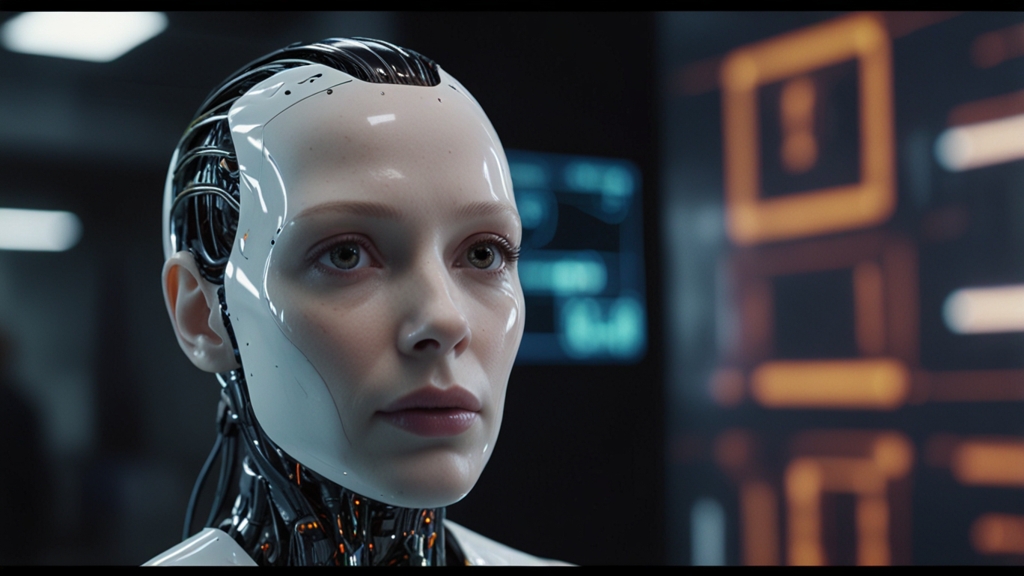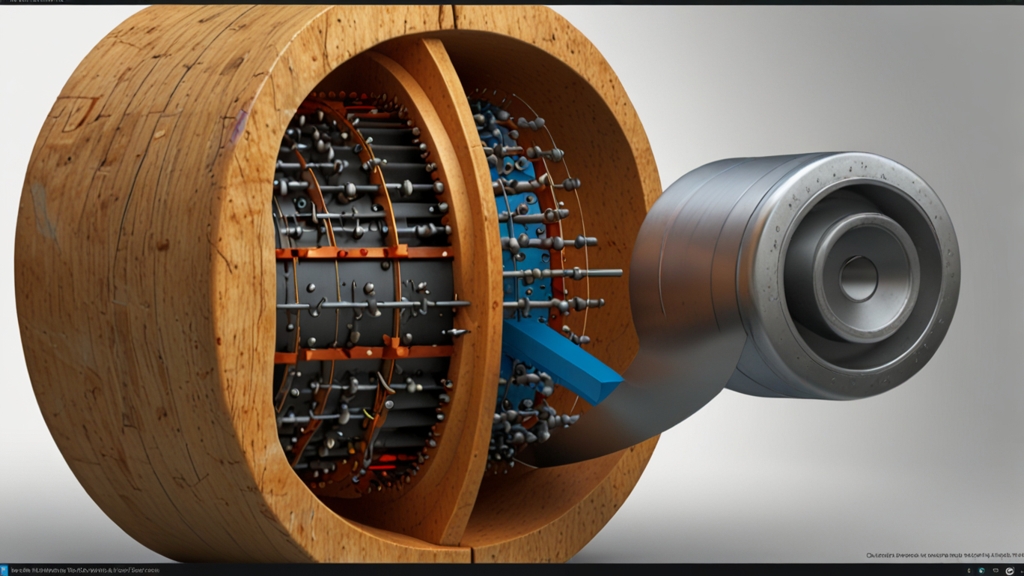From Sci-Fi to Reality: The Incredible Journey of AI Technology
The concept of artificial intelligence (AI) has long fascinated both scientists and the general public. Often depicted in science fiction as sentient robots or superintelligent computers, AI has evolved from the realm of imagination to becoming an integral part of modern life. This article explores the incredible journey of AI technology, from its early imaginings to its current applications and future potential.
The Early Days of AI: From Fiction to Foundations
The idea of machines that could think dates back centuries, with early literature featuring automata and mechanical beings. However, it wasn't until the mid-20th century that AI began to take form as a scientific discipline. In 1956, the Dartmouth Conference marked the formal birth of AI as a field of study. Researchers like John McCarthy, Marvin Minsky, and Alan Turing laid the foundational theories and set in motion the quest to create intelligent machines.
"A computer would deserve to be called intelligent if it could deceive a human into believing that it was human." - Alan Turing
These early efforts were focused on symbolic AI, which attempted to encode human knowledge and reasoning into machines through symbols and rules. The initial enthusiasm was high, but progress was slow due to limitations in computing power and the complexity of human cognition.
The AI Winters and the Resurgence
The history of AI is punctuated by periods known as "AI winters," where the initial hype gave way to disappointment due to unmet expectations and funding cuts. The first AI winter occurred in the 1970s, and a second followed in the late 1980s and early 1990s. Nevertheless, these setbacks were instrumental in re-evaluating approaches and led to significant advancements.
By the late 1990s and early 2000s, AI experienced a resurgence thanks to increased computational power, improved algorithms, and the availability of vast amounts of data. Machine learning, a subfield of AI, gained prominence with its data-driven approach, moving away from hand-coded rules to learning patterns from data. This shift was monumental and set the stage for modern AI.
The Rise of Deep Learning
The advent of deep learning in the 2010s marked a groundbreaking chapter in AI. Inspired by the structure and function of the human brain, deep learning uses neural networks with many layers to model complex patterns. Companies like Google, Facebook, and Microsoft began to leverage deep learning for various applications, from image and speech recognition to language translation and AI-driven assistants.
"Deep learning will transform every single industry. Healthcare and autonomous driving are just two examples." - Andrew Ng
Today, AI technologies are ubiquitous. Virtual assistants like Siri and Alexa, recommendation systems on Netflix and Amazon, and autonomous vehicles are just a few examples of AI's impact on daily life. In healthcare, AI is revolutionizing diagnostics and personalized medicine, offering hope for more accurate and timely interventions.
Ethical Considerations and the Future of AI
As AI technology continues to advance, ethical considerations have come to the forefront. Issues such as data privacy, algorithmic bias, and the potential for job displacement raise important questions about the responsible use of AI. Researchers and policymakers are increasingly focused on creating frameworks that ensure AI benefits society while minimizing harm.
Looking ahead, the future of AI holds immense promise. Advances in areas like reinforcement learning, generative models, and explainable AI aim to create more adaptable and transparent systems. The integration of AI with other emerging technologies like quantum computing and the Internet of Things (IoT) will likely unlock new possibilities and drive further innovation.
In conclusion, the journey of AI from science fiction to reality is a testament to human ingenuity and perseverance. While challenges remain, the potential for AI to transform industries, improve lives, and solve complex problems is boundless. As we navigate this exciting frontier, the collaborative efforts of scientists, ethicists, and policymakers will play a crucial role in shaping a future where AI is a force for good.







